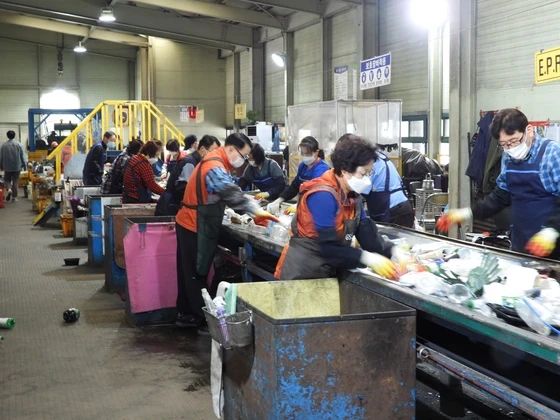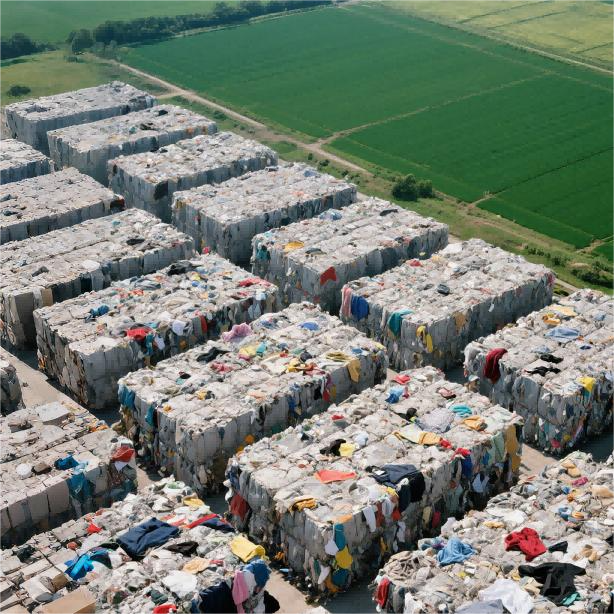▲With fast fashion exporting 72% of collected textiles as waste colonialism while unregulated incineration leaks carcinogens, this crisis demands T2T textile recycling.
▲Enter unlikely pioneers: Shein's Closed-Loop Partnerships proves T2T textile recycling can turn fast fashion's volume into circular advantage.
Unlike the EU's strict waste hierarchy enforcement:
1
0% of clothing waste covered under EPR schemes
2
Unregulated inventory incineration releases unmonitored pollutants
3
72% of collected textiles exported as waste colonialism
Environmental Ministry officials confirm a 2026-2030 overhaul will:
»● Mirror France's ban on destroying unsold goods

Korea's impending regulations expose fast fashion's critical blind spot: pre-consumer textile waste quantities now dwarf consumer discard streams.
While regulators scramble, fast fashion giant Shein Closed-Loop Partnerships demonstrates how hyper-volume models can drive circularity:
◆EPR compliance infrastructure - Vertical integration from reporting to reclamation
→ Or pay punitive $150/tonne compliance fees under new regimes

As Yooretex's work confirms, the economics now favor circularity: every dollar invested in closed-loop partnerships returns $2.30 through reclaimed materials and avoided penalties. The fast fashion reckoning has become textile recycling's most powerful accelerator. Pre-consumer waste is T2T textile recycling's untapped goldmine, brands hoarding deadstock today will fund tomorrow's recycled polyester infrastructure.
